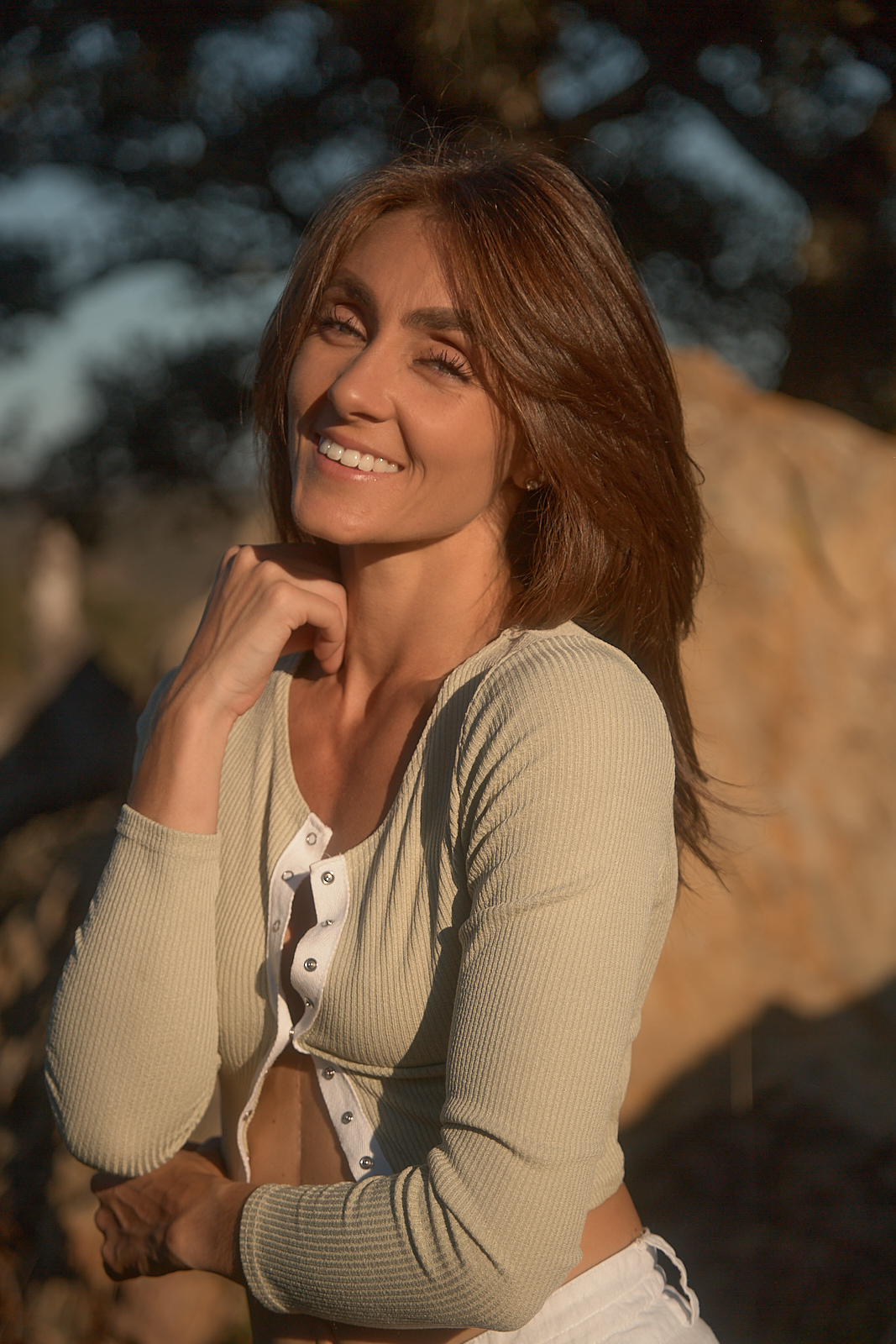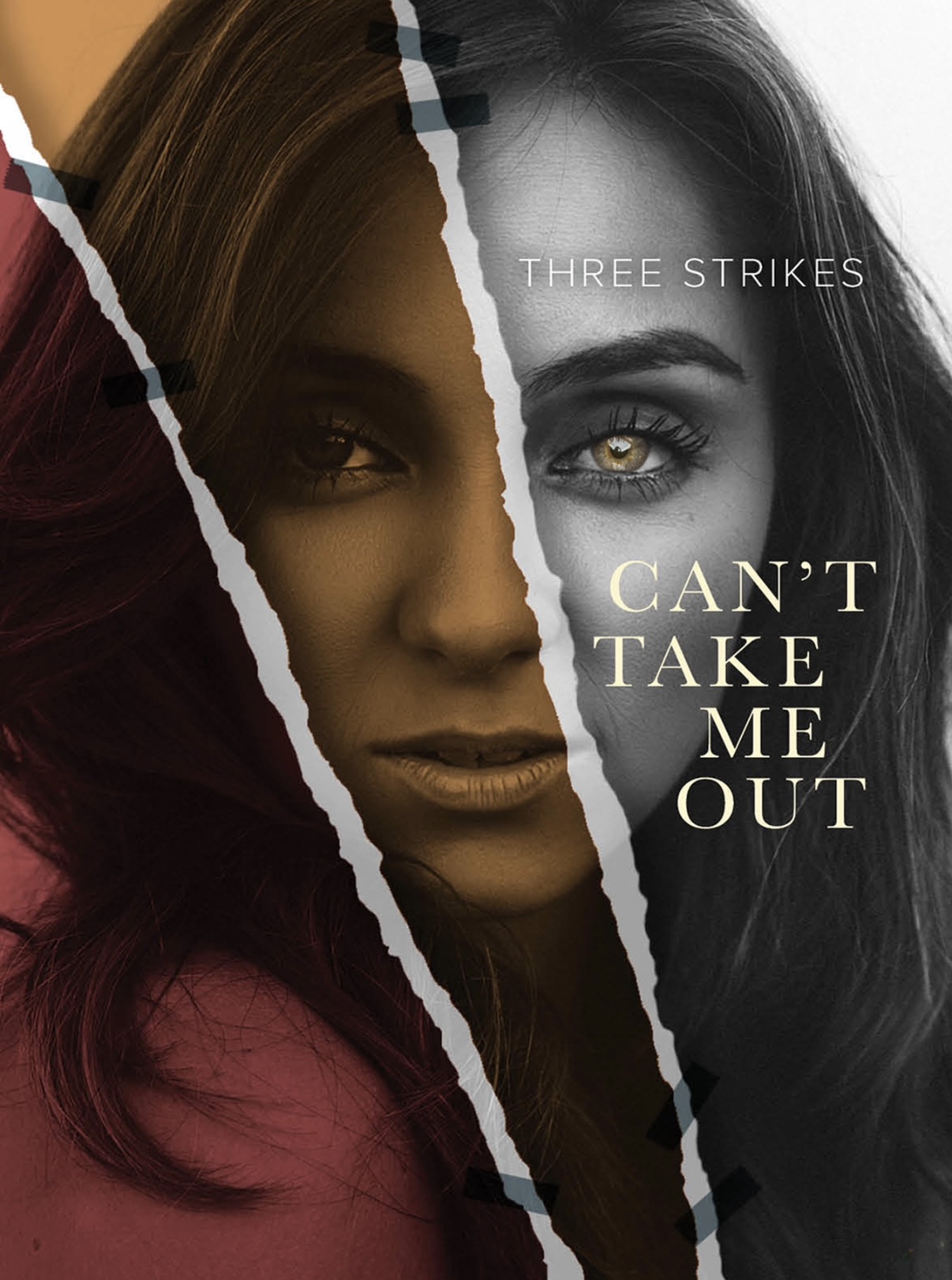Alright – so today we’ve got the honor of introducing you to Haley Mazanec. We think you’ll enjoy our conversation, we’ve shared it below.
Haley, looking forward to hearing all of your stories today. What sort of legacy are you hoping to build. What do you think people will say about you after you are gone, what do you hope to be remembered for?
I’m building a legacy rooted in resilience, truth, and the unapologetic power of rising from the ashes. Three Strikes Can’t Take Me Out wasn’t just a memoir—it was a resurrection. I survived things that were meant to take me out, including one of the deadliest diagnoses a person can face: pancreatic cancer. That alone should have written my ending. But somehow, against all odds, I lived—and I chose to turn that miracle into a message.
I want to be remembered as the woman who didn’t just endure life’s blows—she alchemized them into something beautiful. A woman who told the raw truth, loved deeply, healed loudly, and inspired others to do the same. Not perfect, but real. Not untouchable, but unbreakable.
When I’m gone, I hope people say, “She was a force. She turned pain into power, silence into voice, and survival into a roadmap for others.” That’s the legacy I’m after—not just surviving the storm, but becoming the light that guides others through it.


Haley, before we move on to more of these sorts of questions, can you take some time to bring our readers up to speed on you and what you do?
I’m Haley Mazanec—author, actress, model, and a woman who’s walked through fire more than once. I wrote Three Strikes Can’t Take Me Out not just to share my story, but to turn survival into art. After facing addiction, heartbreak, trauma, and surviving one of life’s greatest threats—pancreatic cancer—I knew I wasn’t here just to exist. I was here to create.
Storytelling is the heart of everything I do, whether it’s through the written word, in front of a camera, or in the quiet courage it takes to start again. I’ve pursued acting and modeling for years—captivated by the beauty of expression, human emotion, and transformation. My book is an extension of that same passion. It’s raw, it’s real, and it’s proof that you can endure the darkest storms and still come out shining.
What sets me apart is that nothing I do is surface-deep. My work, my art, and my life are all driven by soul. I don’t just create to be seen—I create to be felt.
I’m most proud of turning my past into purpose and my pain into power. And while my book was a beginning, it’s far from the end. I’m open to wherever this journey leads—whether it’s new roles, collaborations, or creative ventures I haven’t yet imagined. One thing’s for sure: the story isn’t over. It’s just getting good.


Can you share a story from your journey that illustrates your resilience?
There are many chapters in my life that tested my resilience, but one story stands above the rest: the moment I was diagnosed with pancreatic cancer. It hit like a thunderbolt. My mother’s side has been riddled with cancer, so fear was never far from reach—but through genetic testing, I found out I hadn’t inherited a single bad gene. No one could explain why it happened. But deep down, I had my own theory: years of trauma, emotional suppression, and swallowing my truth had built up like poison in my body.
That realization changed everything. I saw cancer not just as a physical illness, but a spiritual reckoning—a final alarm to stop burying my emotions and start honoring every part of me. It became one of the greatest teachers of my life.
Doctors didn’t offer much hope. But I wasn’t ready to be a statistic. I endured the surgeries, the pain, the solitude, and the unraveling of everything I thought I knew about life—with one quiet vow to myself: this will not be the end of me.
And it wasn’t.
Instead, it cracked me open and rebuilt me from the inside out. Because I didn’t just survive cancer—I survived the heartbreaks, the betrayals, the addictions, the ghosts of my past, and the war I’d been silently fighting for years. Cancer made it all louder. And clearer.
Now, I live with emotional honesty. With a full heart, not a hidden one. That moment taught me that resilience isn’t about bouncing back—it’s about rising different. Stronger. Louder. Wiser. Writing Three Strikes Can’t Take Me Out was my way of saying: no matter how many times life tries to end your story, you still hold the pen.


Learning and unlearning are both critical parts of growth – can you share a story of a time when you had to unlearn a lesson?
One of the biggest lessons I had to unlearn was that strength meant silence. That to be “the strong one,” I had to swallow my pain, keep my chin up, and never let the cracks show. For most of my life, I wore that mask like armor—through family dysfunction, heartbreak, addiction, and even a battle with pancreatic cancer. I thought being emotionally untouched made me powerful. But the truth? It made me disconnected—from others, from myself, from healing.
The backstory is layered. I grew up believing that vulnerability was weakness. That expressing how I felt—especially the messy, complicated emotions—would make me a burden. So I learned to compartmentalize. Smile on the outside, storm on the inside. But all that suppression? It caught up with me. In my body, in my relationships, and in my spirit.
It wasn’t until I found myself stripped down—emotionally, physically, spiritually—through cancer and everything that led up to it, that I realized: real strength isn’t silence. It’s honesty. It’s softness. It’s the courage to feel and still keep going.
Writing Three Strikes Can’t Take Me Out was the beginning of that unlearning. Page by page, I gave myself permission to break the silence and reclaim my voice. And I’ve never looked back.
Contact Info:
- Website: https://www.haleymazanec.com
- Instagram: https://www.instagram.com/haleymazanec/
- Facebook: https://www.facebook.com/haley.mazanec.2025
- Linkedin: https://www.linkedin.com/in/haleymazanec/


Image Credits
Kevin Weinert and Justin Carpenter


